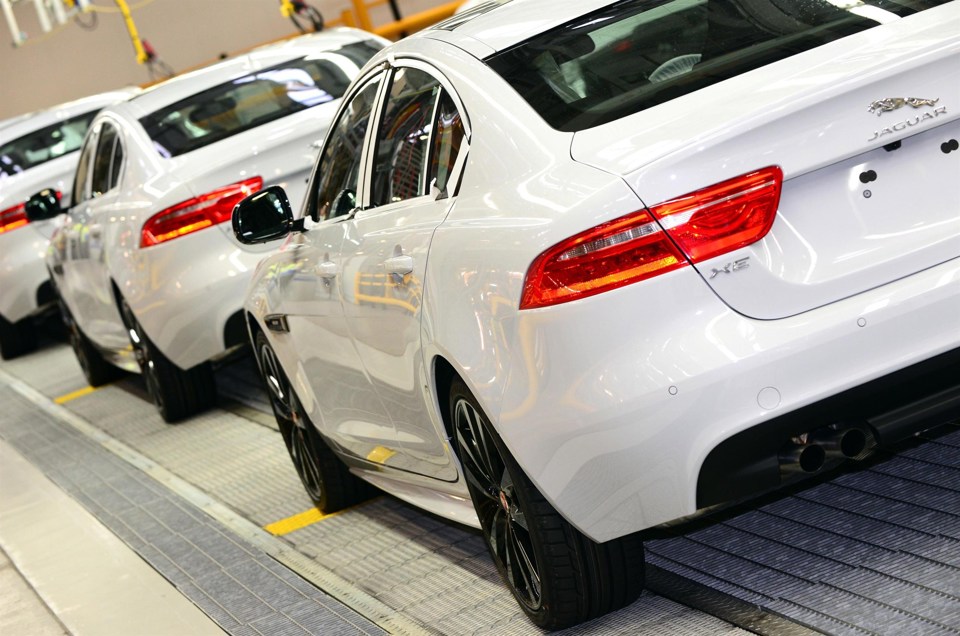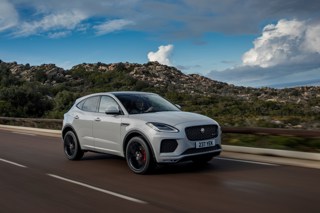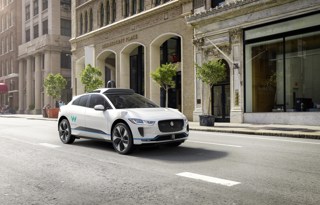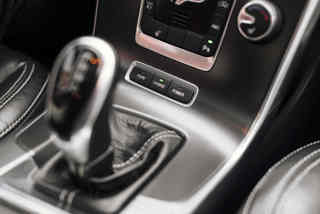Jaguar Land Rover (JLR) plans to cut 1,000 manufacturing contractor jobs as a result of falling demand amid anti-diesel sentiment and the pressures of Brexit, it has been claimed.
Output at the company’s Solihull and Castle Bromwich plants will be cut, with staff set to be formally informed of the changes during a meeting on Monday, according to the manufacturer.
In a statement issued this afternoon, JLR said: “As is standard business practice, Jaguar Land Rover regularly reviews its production schedules to ensure market demand is balanced globally.
“On Monday we will be cascading our 18/19 production plans for the next fiscal year to our workforce.
“In light of the continuing headwinds impacting the car industry, we are making some adjustments to our production schedules and the level of agency staff.
ITV News and Reuters were among the media outlets that reported the total number of affected jobs would total around 1,000.
Diesel sales account for around 90% of the brand’s overall sales in the UK.
Dom Tribe, automotive sector specialist at management consultancy Vendigital, said: “This decision by Jaguar Land Rover is a further sign of ongoing uncertainty in the automotive industry. As an industry in which investment is heavily reliant on forward planning, industry bodies have been lobbying extensively for greater clarity around a Brexit trade deal.
"With JLR’s UK production facilities exporting around 75% of its vehicles and importing many parts from the EU, this action is in part an effort to help mitigate potentially-costly tariffs, which could significantly damage its bottom line.”
JLR added that it is continuing to recruit large numbers of highly skilled engineers, graduates and apprentices as it continues to invest in new products and technologies.
Jaguar sales were down 26% to the end of March while Land Rover demand dropped 20% during the same period.



















The Engineer - 16/04/2018 18:51
weight and engines, both holding it back. If your company applies a 130g/km ceiling on its fleet, check how many JLR products are still on your choice list... not many!!! and nothing with an autobox. Many other leading brands can provide such vehicles. Its a crisis for JLR, one EV and a few hybrids, all eye wateringly expensive are not going to fix this, 1000 workers are paying the price for its lack of market foresight.